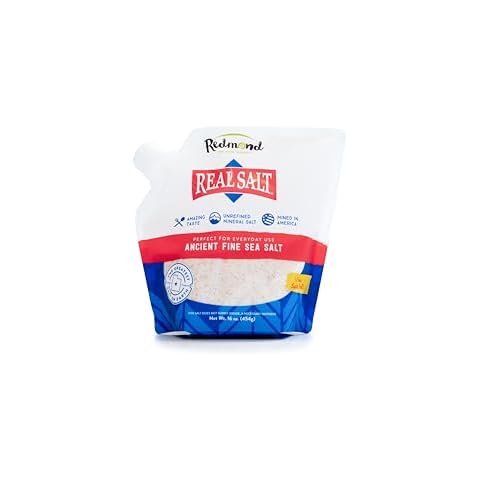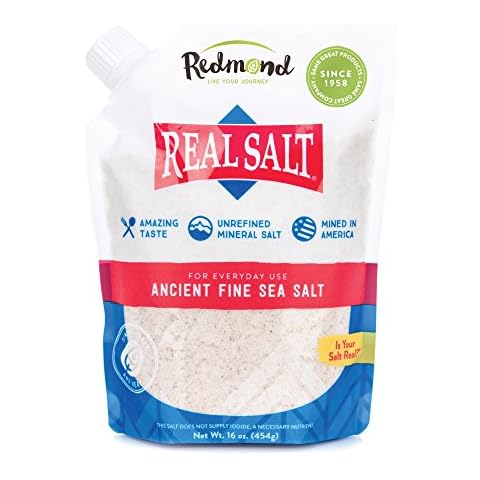Find Your Fit: How to Buy the Right Salt Substitutes
Introduction
Salt is an essential ingredient in many dishes, but it can also be harmful to our health when consumed in excess. For those looking to reduce their sodium intake, there are several options available as salt substitutes. In this article, we will explore the different types of salt substitutes and provide some tips on how to choose the right one for your cooking needs.
Types of Salt Substitutes
There are several types of salt substitutes available on the market, each with their own unique flavor and characteristics. Some common types of salt substitutes include:
-
Potassium chloride: This is the most common type of salt substitute, as it has a similar flavor and texture to regular salt. However, it is lower in sodium and higher in potassium, which can help to lower blood pressure and reduce the risk of heart disease.
-
Sodium-free blends: These salt substitutes are made from a mixture of herbs and spices, such as onion and garlic powder, to give dishes a flavorful boost without adding any sodium.
-
Lemon juice: Lemon juice is another popular salt substitute, as it adds a tangy, citrusy flavor to dishes. It can also help to balance out the flavors in a dish, making it a versatile option for many different recipes.
-
Vinegar: Similar to lemon juice, vinegar can add a tangy flavor to dishes and help to balance out the flavors. It is also a good option for those who are sensitive to the taste of potassium chloride.
Choosing the Right Salt Substitute
When choosing a salt substitute, there are several factors to consider. Here are some tips to help you make the right decision:
-
Consider your health: If you are looking to reduce your sodium intake for health reasons, such as high blood pressure or heart disease, then potassium chloride may be the best option for you. However, if you are sensitive to potassium or have kidney problems, then sodium-free blends or lemon juice may be a better choice.
-
Think about the flavor: Different salt substitutes have different flavors, so it's important to choose one that will complement the dish you are making. For example, potassium chloride has a similar flavor to regular salt, so it can be used in most dishes. Sodium-free blends and lemon juice, on the other hand, can add a tangy or herby flavor to dishes, so they may not be suitable for all recipes.
-
Consider the cooking process: Some salt substitutes may not be suitable for certain cooking methods, such as high heat grilling or baking. Potassium chloride, for example, can break down and lose its flavor when exposed to high heat. In these cases, it may be better to use a salt substitute that is more heat-stable, such as lemon juice or vinegar.
Conclusion
Salt substitutes can be a great way to reduce your sodium intake and add flavor to your dishes. By considering your health needs, the flavor of the dish, and the cooking process, you can choose the right salt substitute for your cooking needs.











